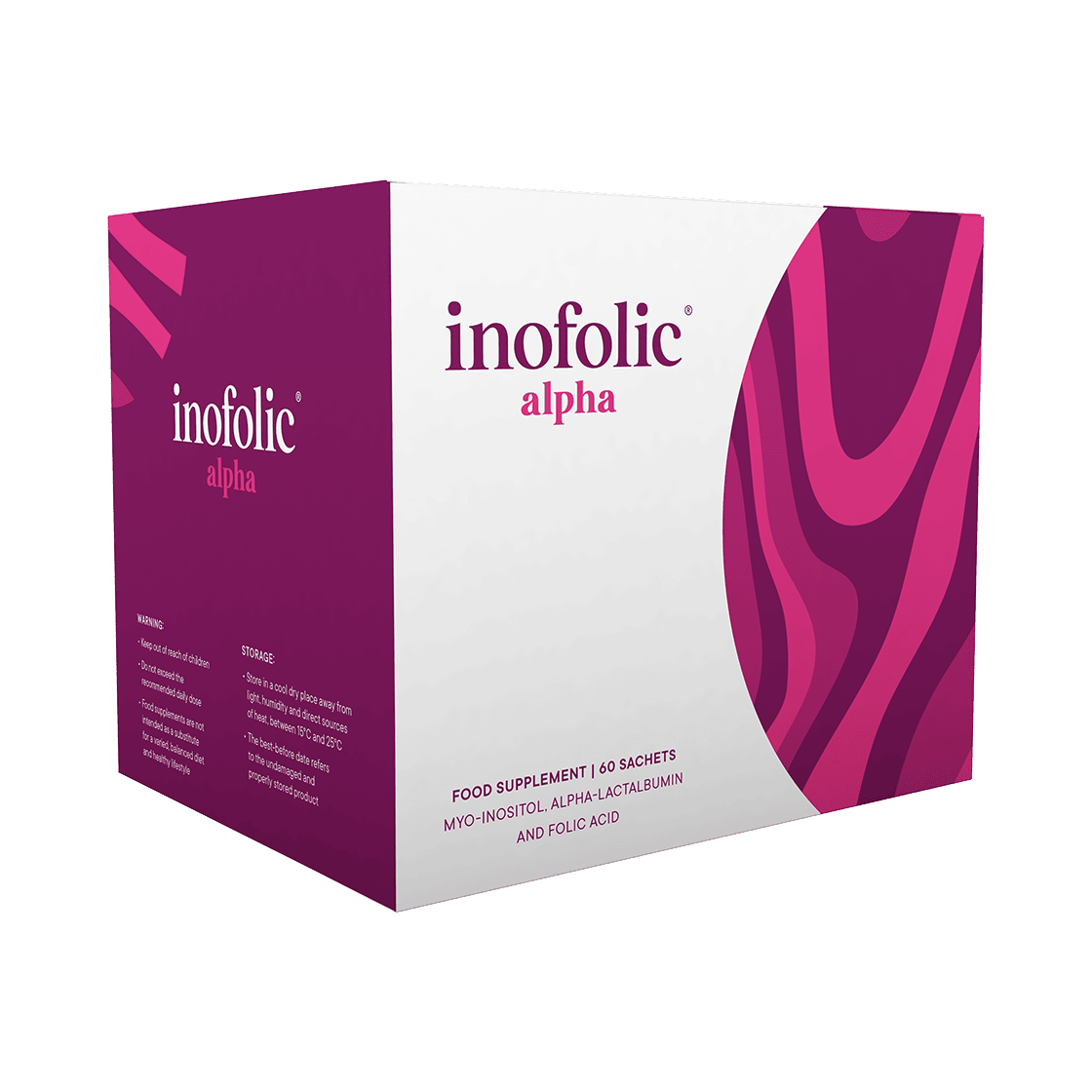When it comes to PCOS, having a healthy and balanced diet can only help to alleviate symptoms and prepare your body for a healthy pregnancy. Unlike most diets which are often based around weight-loss and short-term goals, a PCOS diet should be followed indefinitely as part of your lifestyle change to prevent recurring symptoms. This is why we outline the principles behind these diets and why they might be able to help with conception too.
PCOS and Insulin resistance
One of main issues that PCOS sufferers struggle with is Insulin Resistance (IR). Studies suggest around 60-85% of PCOS sufferers have IR. The resultant high insulin levels play a key role in causing symptoms, such as irregular periods, difficulty with ovulation, acne and unwanted hair growth, which make PCOS such a difficult condition to manage.
Having the correct diet to counteract insulin resistance by not allowing insulin levels to rise too high is what you should be aiming for. Less insulin being produced by the body will lead to reduced androgens (male hormones) in the bloodstream, resulting in good hormone balance.
Slow-carb not low-carb
A key part of your diet will be comprised of carbs which can be problematic with regard to insulin resistance. This is because carbs are broken down into glucose and released straight into the bloodstream – raising blood glucose levels. If you are overweight and are looking to shed a few pounds it is important to note that many diets offered by weight loss organisations are low calorie/high carb. This can cause intense fluctuations in your blood sugar levels which will only exacerbate your PCOS symptoms. It is important to be careful when selecting what types of food to include in your diet.
As with most things in the body there is a balance which needs to be struck. Omitting carbs from your diet is not a sustainable or healthy long-term practice. Instead, you should be looking for slow carbs, not low carbs. The slower release of energy from slow carbs, also known as low Gi (Glycaemic index) carbohydrates, will help to stabilise blood glucose levels and insulin production.
PCOS and chronic inflammation
Besides insulin resistance, PCOS is often associated with inflammation. This inflammation is believed to contribute towards the hormone imbalances associated with PCOS. This is why we suggest focusing on an anti-inflammatory diet and feeding your gut bacteria can help to deal with these symptoms.
Women with PCOS have been found to have a reduced number and diversity of gut bacteria. As a result, probiotic treatment has been shown to be extremely effective in treating women with PCOS. In fact, recent research has suggested that supporting and improving levels of gut flora will support an improvement in PCOS as effectively as the drug metformin.
Another key consideration is supplementation. Women with PCOS who are not ovulating may consider myo-inositol, however 40% of women with PCOS cannot absorb myo-inositol effectively. Choosing to supplement myo-inositol with alpha-lactalbumin (a whey milk protein) helps to reduce the inflammation associated with PCOS, stimulates the intestinal flora growth, thus increasing intestinal nutrient absorption of myo-inositol and facilitates the release of melatonin which has been shown to improve egg quality.
For more information about fertility, PCOS and balanced fertility supplements that will support men, women and your future family, click here.
Breakfast Recommendations for PCOS
What should I eat?
- Eggs with lentils, spinach and avocado
- Fruits that are high in fibre like apples, berries and grapes
- whole oats or oatmeal
What should I avoid?
- Fruit juices and dried fruit
- Cereal bars with high sugar content
- White toast
Lunch & Dinner Recommendations for PCOS
What should I eat?
- Fish with brown rice and green vegetables
- Stir fry with peppers, onions, carrots, and other vegetables
- Burrito bowl with brown rice
What should I avoid?
- Processed meats such as bacon, sausage and canned meat
- Refined carbs including flour tortillas, white bread, pasta, white rice etc.
- Fried foods including donuts, chips, crisps etc.
PCOS Supplements
Inofolic Alpha restores ovulation in 95% of women. It achieves these amazing results because it contains myo-inositol and alpha-lactalbumin which help with both insulin resistance and inflammation – it also increases the absorption of myo-inositol – more information is available here.
These meal ideas are all based around the principles of avoiding foods which can cause inflammation or high blood sugar levels. If you stick to this philosophy in your diet for a good amount of time, then most will find it easier to manage their symptoms. Unfortunately, these recipes and principles are not guaranteed to get you to conceive but they have been shown to help. If you are trying to conceive right now then the male factor should not be overlooked, our bit on top foods you should include in your male fertility diet is worth a read.









